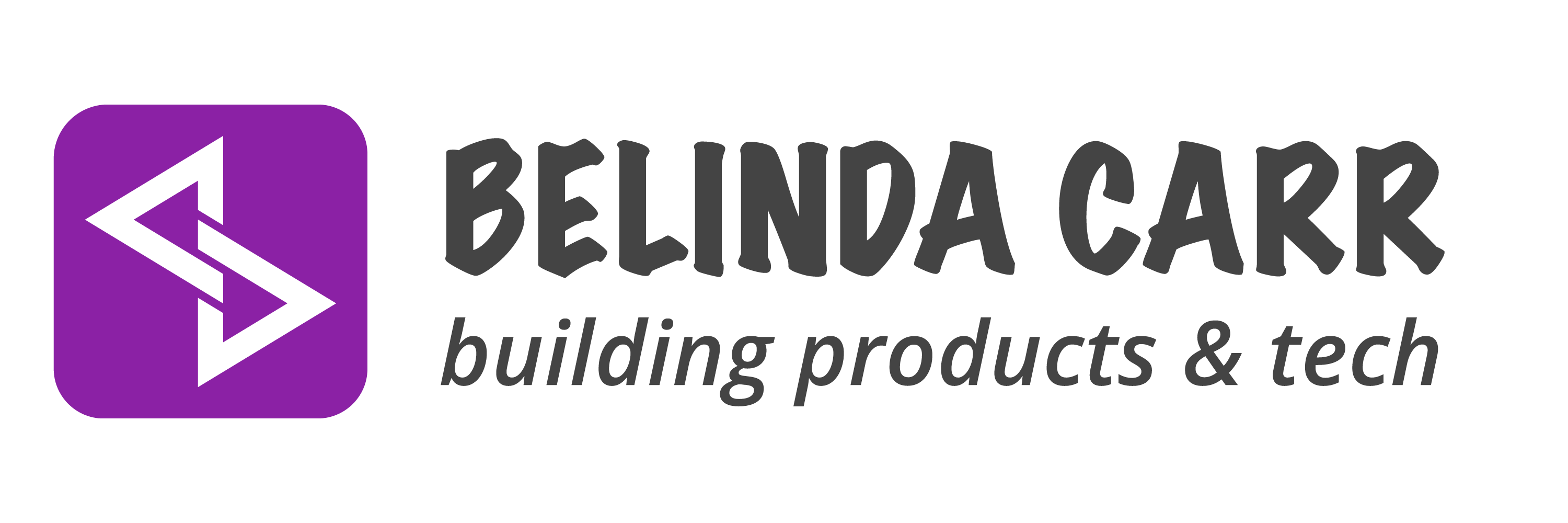I usually talk about the wonders of automation in the building construction industry both in the software and the hardware fields, but I’ve largely ignored the ethics of automation.
The inspiration for this discussion came from a recent interview between Ivanka Trump and Tim Cook, Apple’s CEO, where they encouraged workers facing job dissatisfaction or unemployment to “find something new.” While this message and its delivery received backlash, we must ponder whether it intends to be hurtful or merely encourages people to adapt and thrive in changing times. Throughout history, humans have pivoted in search of better opportunities, making adjustments as industries evolved. Embracing change has been a part of our survival.
Let’s explore the ethics of automation from five different angles:
1. The Ethics of Unemployment:
Automation is taking over tedious manual labor, offering precision, 24/7 availability, and cost-effectiveness. The question arises: What happens when machines dominate every sector of the economy? A book titled “Rise of the Robots: Technology and the Threat of a Jobless Future” by Martin Ford envisions a society where machines handle work, and humans receive a universal income. While some worry about the loss of jobs, others see an opportunity to embrace automation and prepare for the future proactively.
2. The Ethics of AI Leadership:
The prospect of strong AI, akin to Ultron or the Terminator, raises fears about complete AI control. Tech pioneers like Elon Musk, Stephen Hawking, and Bill Gates have expressed concerns about the emergence of strong AI. As we rush to incorporate AI in various industries, we must evaluate the potential repercussions of our actions.
3. The Ethics of Suppressed Competition:
Unions play a significant role in protecting workers’ rights in the construction industry. However, a lack of competition can lead to reduced productivity. Disruptive outsiders, like Tesla and Amazon in other industries, have caused significant shifts. Curbing the progress in any industry might lead to a mass exodus of talent.
4. The Ethics of Implicit Bias:
Decision-making, even in machines, is influenced by human emotions, experiences, and biases. These biases can unknowingly be transferred to AI algorithms, resulting in biased outcomes. Examples of biased algorithms in search engines and criminal risk assessment systems highlight the need to be vigilant about algorithmic fairness.
5. The Ethics of Errors by Artificial Intelligence:
When things go wrong due to automated processes, whom do we blame? The rise of algorithmic and high-frequency trading in the stock market has led to flash crashes. Determining accountability can be complex, involving programmers, owners, users, and the AI itself. If robots become sentient, they might need to be held accountable for their actions, like humans.
While we have posed several unanswered questions, these ethical issues are vital as AI becomes prevalent across various industries. Automation is an integral part of our data-driven world, and while its benefits are undeniable, understanding its impact on humanity and industries is an essential conversation.
As we move forward, let’s keep the conversation open and continue to explore the ethical dimensions of artificial intelligence. Embracing automation responsibly and ethically can lead to a more inclusive and progressive future for all. If you have any insights or questions on this topic, feel free to share them in the comments section. Together, we can navigate the path of automation with a thoughtful and ethical approach.




